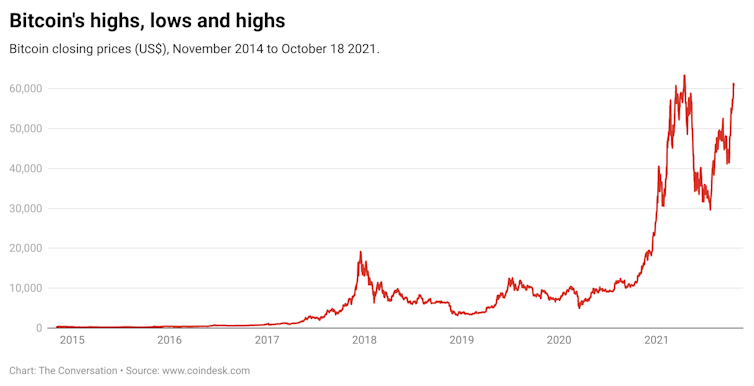
Legal aid services play an essential role in ensuring access to justice for all. For people in the Sutherland Shire who may not have the financial means to pay for private legal assistance, legal aid ensures that everyone has access to representa...

When it comes to immortalizing your pet’s unique personality in art, choosing the right medium is essential. Each artistic medium, whether watercolor, oil, or digital, has distinct qualities that can bring out the spirit of your furry friend in dif...

When planning his daughter’s birthday, Rich opted for a DIY approach, inspired by her love for drawing maps and giving clues. Their weekend tradition of hiding treats at home sparked the idea, and with a pirate ship playground already chosen as t...

When your touchscreen starts acting up, ignoring taps, registering phantom touches, or freezing entirely, it can feel like your entire setup is falling apart. Before you rush to replace the device, it’s worth taking a deep breath and exploring what c...

Today social media is a big part of daily life. All over Australia people use Facebook, Instagram, TikTok , LinkedIn and Twitter to stay connected, share updates and find new ideas.
For businesses this means a great chance to reach new customers and...

AI isn't just something to think about anymore - it's becoming part of how we live and work, whether we like it or not. At the office, it definitely helps us move faster. But here's the thing: just using tools like ChatGPT or plugging AI into your wo...














